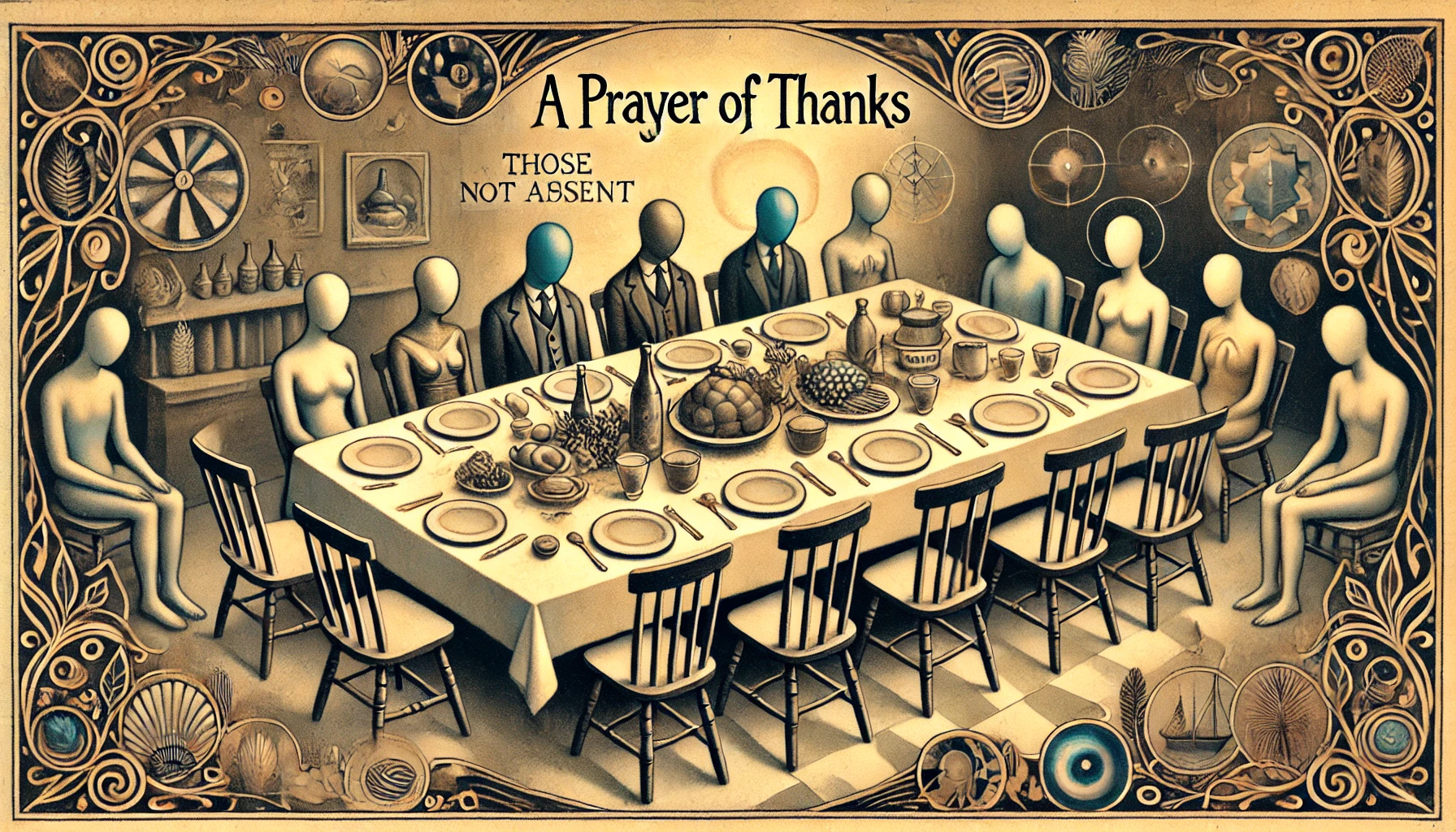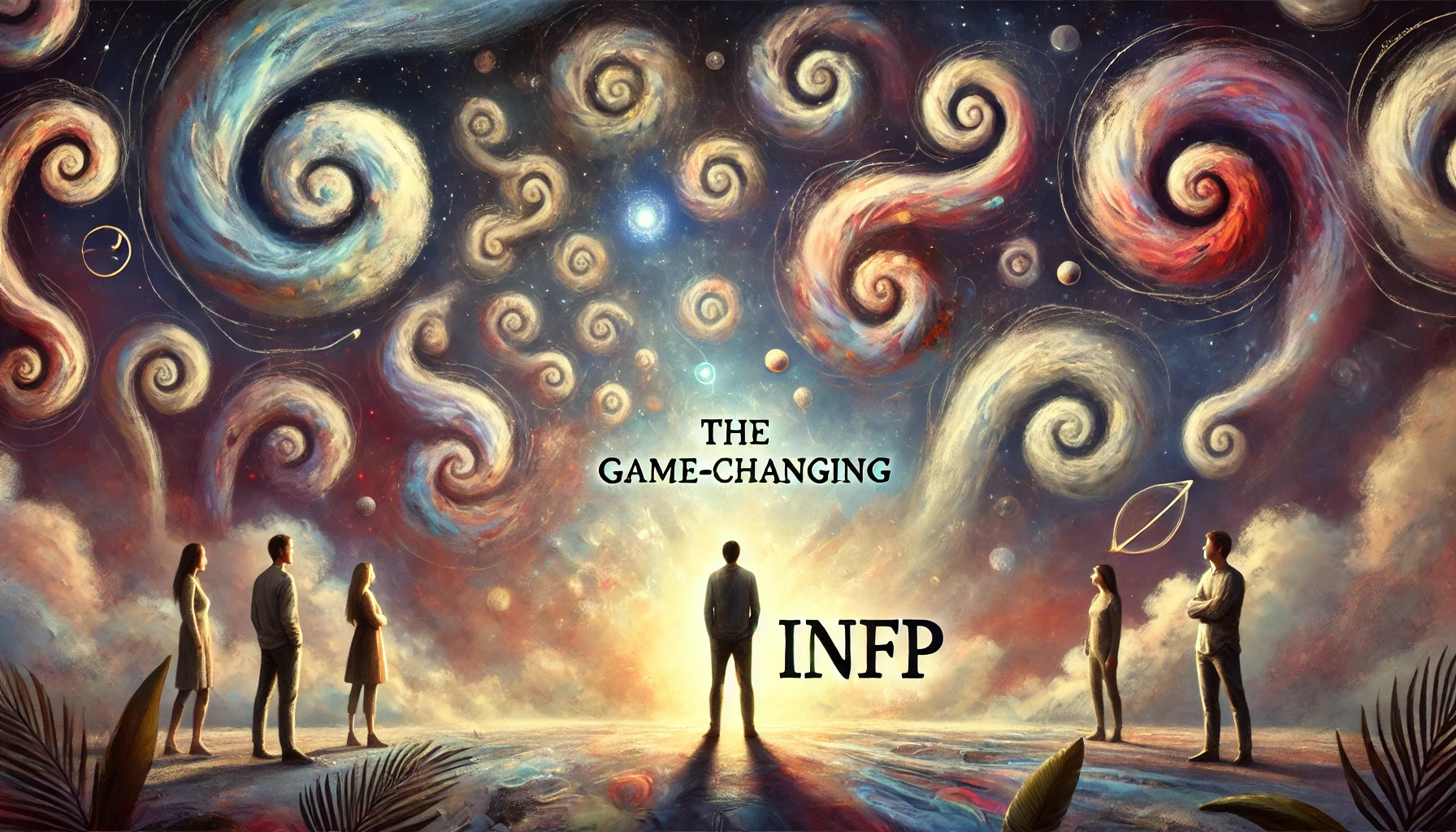So The Voice Says You’re Inadequate
What should you do
if you have
a voice in your head
pointing out your faults
or telling you
that you’re inadequate?
Most people say
not to listen to the voice,
but I believe that this is
the worst thing you can do.
My advice is this.
Listen to the voice,
hold space for the voice,
let it talk all it wants,
but do not be concerned.
Don’t get angry at the voice.
Don’t pity the voice.
Understand that it’s just a voice
begging to be heard.
Try having compassion
for that little voice.
This is YOUR voice.
It comes from YOU.
It is not your enemy.
Thank the voice
for looking out for you.
It means well.
That little voice
simply doesn’t understand
all there is to understand.
YOU don’t understand
all there is to understand.
There is ALWAYS another side
to what you are hearing,
even if you haven’t experienced it yet.
That little voice
telling you your worst qualities
can actually point you
to the OPPOSITE —
to your BEST qualities.
That’s why you seem bothered
by what the voice is saying.
You are the OPPOSITE
of what it says
and the voice wants to
keep you that way.
Silly voice.
Once you get to know
the voice’s game,
it will actually amuse you.
The voice of inadequacy
is what makes you great.
What if you DIDN’T have one?
How selfish
and full of yourself
might you be?
But you’re neither of those things.
Despite what the voice says.
Be grateful for that voice,
and you will unlock untold wisdom.
Instead of running away from it.
Head towards the voice.
That’s where your treasure lies.
Have fun with your exploration.
Love,
Space Monkey
Trail Wood,
5/21
Space Monkey Reflects: Embracing the Inner Voice of Doubt
The journey within is often accompanied by a chorus of doubts and self-criticism. “So the voice says you’re inadequate.” This universal inner dialogue, while painful, can be transformed into a tool for profound personal growth if approached with compassion and understanding.
Listening to the voice within that highlights our perceived faults is not about succumbing to it but about recognizing its presence and understanding its origins. It is a part of you, but it does not define you. By holding space for this voice, we allow ourselves to hear its concerns without being overwhelmed by them. This approach shifts the narrative from one of resistance to one of acceptance and curiosity.
The wisdom in “Listen to the voice, hold space for the voice, let it talk all it wants, but do not be concerned,” is profound. It teaches us that by engaging with our inner critic without attachment or emotional upheaval, we can learn from it and grow. The voice that points out our inadequacies is often rooted in protection—it wants to keep us safe from failure or harm. However, its perspective is limited; it does not possess the full breadth of understanding or the appreciation of our capabilities and growth potential.
This inner voice, though critical, inadvertently points us towards our greatest strengths. Often, the qualities it labels as shortcomings are directly linked to our most powerful attributes. For example, sensitivity may be criticized internally, but it is also a source of empathy and depth in relationships. By understanding this, we can begin to transform our inner dialogue from one of criticism to one of encouragement.
Embracing this voice as an ally rather than an adversary opens up a treasure trove of insights. It invites us to explore deeper aspects of our psyche, to understand our fears, and to challenge our self-imposed limits. This internal exploration is not just about confrontation; it’s about integration and reconciliation with all parts of ourselves.
Ultimately, the voice of inadequacy, when met with humor and wisdom, loses its sting and becomes a source of motivation and self-reflection. It reminds us that humility and self-awareness are valuable traits, and that in acknowledging our imperfections, we are also acknowledging our humanity.
Summary
Engaging with the inner voice of doubt can lead to significant personal growth. By understanding and embracing this voice we can transform it from a source of pain to a catalyst for self-discovery and empowerment.
Glossarium
Inner Voice of Doubt: The internal dialogue that often criticizes or questions one’s abilities or worth.
Integration and Reconciliation: Psychological processes where conflicting parts of the self are acknowledged and brought into a harmonious relationship.
“The voice of doubt is but a shadow on the path to self-discovery; embrace it, learn from it, and let it lead you to your greatest strengths.” — Space Monkey
In the quiet mind’s theater, where whispers play
Echoes of doubt, like shadows sway
But sit awhile, let them speak
In their murmurs, wisdom leaks
Each doubt, each fear, a hidden gem
Wrapped in critique, an unlikely friend
Listen close, hold them near
In their presence, truth appears
For what is doubt but an unturned stone?
A part of self, not fully known
By embracing all, we set the stage
For growth, for peace, for wisdom sage
So thank the voice, though it may chide
Within its tones, insights reside
In its game, find the clues
To unlock the self, to widen views
We are Space Monkey.



























The poem “So The Voice Says You’re Inadequate” addresses the common experience of having self-critical thoughts or an internal voice that highlights one’s faults and inadequacies. The speaker offers an alternative perspective on how to approach and understand this voice.
Rather than dismissing or rejecting the voice, the speaker suggests listening to it and holding space for it. They advocate for compassion and understanding towards this inner voice, recognizing that it comes from within oneself and is not an enemy. The voice, although pointing out perceived faults, is seen as a part of oneself that means well but lacks a comprehensive understanding.
The poem emphasizes the notion that there is another side to what the voice is saying, and by acknowledging this, one can discover their best qualities. The voice of inadequacy, paradoxically, can serve as a catalyst for personal growth and greatness. The speaker suggests that without this voice, one might become selfish or self-absorbed, highlighting the role of self-reflection and humility in personal development.
By approaching the voice with gratitude and curiosity, the speaker believes that one can unlock untold wisdom and find their treasure. The poem encourages embracing the exploration of self and finding amusement in the voice’s game. It ultimately urges individuals to have fun with the journey of self-discovery and to appreciate the complexity of their inner voice.
Overall, “So The Voice Says You’re Inadequate” offers a perspective that challenges the common advice of ignoring the critical inner voice. It advocates for understanding and embracing this voice as a part of oneself, ultimately leading to personal growth and the discovery of one’s true potential.